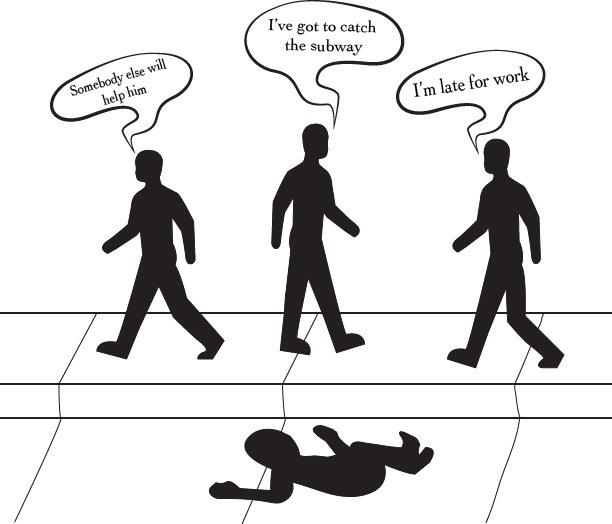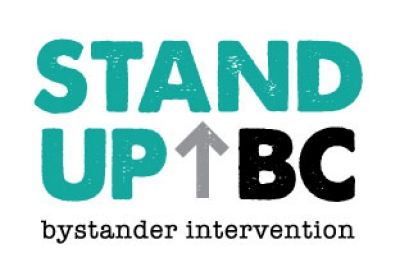This month we are discussing Bystander Intervention. What is being a bystander? You are a bystander when you are watching a situation happening, and do not intervene. If you are a bystander, you can choose to become an active bystander to intervene into the situation.
What if you are a bystander?
Direct. Distract. Delegate.
Use humor, make sure everyone has a safe way to get home, check in via texts, facial check ins, establish cues between friends. Swoop in on the dance floor. Start singing happy birthday. If you don’t feel comfortable doing something yourself, get a bartender, a bouncer, someone else who will be in a position to intervene. Calling 9-1-1 is always an option when uncertain what to do.
It is not easy to step in, even if your heart says it is the right thing. Some bystanders might think: “I don’t know what to do or what to say,” “I don’t want to cause a scene,” “It’s not my business,” “I don’t want my friend to be mad at me,” “I’m sure someone else will step in.” It is fine to have these thoughts but realize your actions -or lack of actions- may have a big impact. Bystanders have the opportunity to prevent crimes like sexual assault from occurring.
The psychological phenomenon when an individual is less likely to offer help to a victim when others are present, even when they want to do something, is called the bystander effect.
The Bystander Effect
The bystander effect happens with murders, rapes, and other crimes. This happens when a crime is occurring and a group of people are there, but no one is intervening or doing something to stop the outcome. You say you would do something if you were in that situation, but when you are put into a situation where you have the chance to positively intervene, you freeze up. That is the bystander effect, when everybody in the room is thinking that someone else will do something, including you. But if everyone is thinking that, who will intervene?
Be an Active Bystander
Being a positive, active bystander can change the outcomes of crimes. Stepping in on the dance floor to get in between your very drunk friend while some strange guy dances on her is being an active bystander. When you see a man leading a drunk woman out of the bar, and they did not come together, jump in-between them, or notify the bouncer or bartender. Being a positive, active bystander can help the world become a safer place.
Get Involved on Campus to Prevent GBV:
To get involved in the RE Initiative, find out more about becoming a peer advocate, or a peer educator, call the WSU 24/7 GBV Help Line at 507.457.5610 or email the Gender-Based Violence Prevention & Intervention Coordinator at hg*****@****na.edu.
Resources for Survivors:
- If you want to speak to an advocate, call the 24/7 GBV Helpline at 507.457.5610
- Off campus confidential Women’s Resource Center 24 Hour Crisis Line: 507.452.4453
- Check out www.winona.edu/RE


